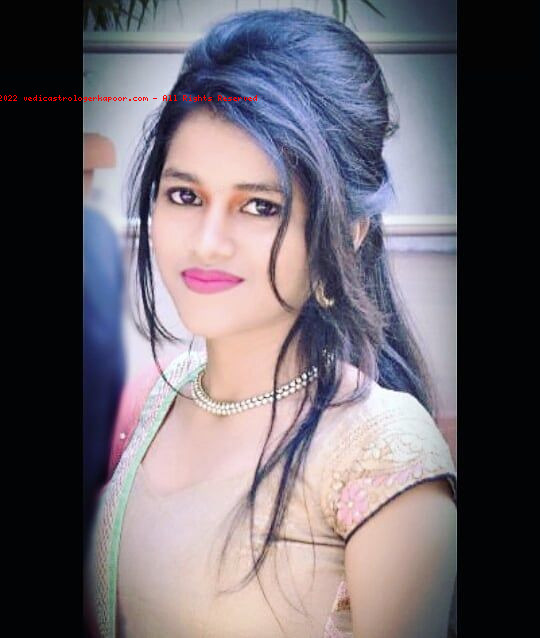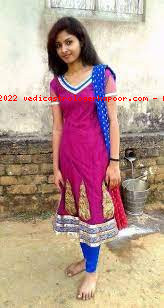New user? Create an account
Feel free to reach out to us for any inquiries or consultations related to Kannada matrimony. We're here to assist you on your journey.
Kannada matrimony is a time-honored and sacred tradition that has been practiced for centuries in the southern Indian state of Karnataka. The term "matrimony" refers to the institution of marriage, while Kannada is one of the major languages spoken in India. Therefore, Kannada matrimony can be defined as the traditional practice of matchmaking and marriage among Kannadigas, or people who speak Kannada as their first language.
In the Kannadiga culture, marriage is considered to be a highly significant event in one's life. It is not just a union between two individuals but also between their families and communities.
Marriage is seen as a way to preserve cultural traditions, maintain social status, establish family ties, and produce offspring who will carry on the family lineage. Therefore, it holds great importance for both personal and societal reasons.
Kannada matrimony involves various rituals and customs that are performed before, during, and after the wedding ceremony. These may include horoscope matching, engagement ceremonies (Nischay Tamulam), pre-wedding celebrations (like Haldi & Mehendi ceremonies), along with main wedding ceremonies including Kashi Yatre, where the groom pretends he goes to Kashi for spiritual learning instead of getting married, etc. The bride typically wears a silk saree, while gold jewelry is worn by both the bride and groom during the wedding ceremony.
The historical roots of Kannada matrimony can be traced back to ancient times when arranged marriages were common in Indian society. In those days, matchmaking decisions were made by parents with assistance from priests or astrologers who would determine compatibility by carefully analyzing the birth charts of potential brides and grooms. However, with changing times and modernization, the way matchmaking is done has evolved.
Love marriages and inter-caste marriages are now more common, but traditional practices are still followed in many Kannada families. Despite these changes, Kannada matrimony remains an important part of the culture and continues to be practiced with great zeal and enthusiasm.
In the traditional culture of Kannada matrimony, arranged marriages are the norm. The process of finding a suitable partner is initiated by parents and elders of the family.
They play a crucial role in selecting a compatible match for their son or daughter. The families typically consider factors such as social status, education, occupation, and family background before making a decision.
Parents and elders play an essential role in Kannada matrimony. They are often regarded as the decision-makers when it comes to choosing a life partner.
The opinions of parents, grandparents, and other elderly members of the family hold significant importance during matchmaking. Their wisdom, experience, and guidance help ensure that couples make well-informed decisions.
Horoscope matching is an important aspect of Kannada matrimony. It is believed that matching horoscopes ensures marital bliss and longevity.
Horoscopes are matched based on factors such as birth date, time, and place to determine compatibility between partners. If any mismatches occur between two individuals' horoscopes, then it can cause problems in married life.
Unfortunately, in some cases during traditional Kannada matrimony arrangements, dowries are exchanged between families. This system has been illegal since 1961 but still persists to some extent today, even though there have been many campaigns against it by government bodies.
The engagement ceremony marks the formal announcement of the marriage proposal acceptance by both families. This ceremony is usually held at the bride's home, where close relatives from both sides participate. There is typically an exchange of gifts, after which sweets and savories are distributed among guests, followed by blessings from elders. The engagement ceremony holds great significance in the Kannada matrimony tradition and is celebrated with much enthusiasm.
Karnataka is a diverse state, and with changing times, attitudes towards marriage have also evolved. Love marriages and inter-caste marriages have become more prevalent among the younger generation.
In contrast, inter-caste marriages were once considered taboo in Kannada culture. However, with the rise of education, urbanization, and globalization, there has been a shift towards individualism, modernity, and acceptance of new ideas.
The traditional system of arranged marriage still exists prominently in Kannada culture. However, over time, there has been a shift towards choosing one’s partner independently.
The younger generation views marriage as a partnership based on mutual love and respect rather than just an arrangement between two families for economic or social gain. This change indicates that individuals are fighting against age-old traditions to make their own choices.
As individuals become more independent and self-reliant, they view marriage from a different perspective than previous generations did. For them, compatibility is essential for building strong relationships that will last a lifetime. With higher levels of education comes an increased understanding that successful relationships need mutual respect and understanding between partners.
The internet has revolutionized many industries around the world, including matrimonial services provided by wedding planners/consultants who now offer online services that are very popular among millennials. These platforms, such as BharatMatrimony.com or Shaadi.com, provide convenient matchmaking options.
The success of online matrimonial platforms lies in their ability to offer a wide range of options, from filtering matches by age, profession, caste, and location to providing compatibility scores and offering privacy. These platforms help individuals connect with potential partners without the need for intermediaries.
Online matrimonial services provide an avenue for busy individuals who do not have time to search for a partner the traditional way. They also help break down barriers such as geography or social status. However, there are drawbacks as well, such as the risk of fraudulent profiles or a lack of authenticity in presented information.
The Pandaga Ceremony is a traditional pre-wedding ritual that involves inviting the bride and groom's families and friends to the wedding. A priest performs a puja (worship) for Lord Ganesha before distributing invitations.
This engagement ceremony involves an exchange of gifts and blessings between families, followed by a puja for Lord Ganesha.
An astrologer helps select a suitable time for conducting all wedding ceremonies.
A playful tradition where the groom pretends to renounce worldly life before being persuaded to marry.
The groom ties the Mangalsutra around the bride's neck as a symbol of their marital bond.
Kannada weddings are rich in traditions and customs that bring together families in celebration. While modern practices coexist with traditional customs, these rituals continue to hold deep cultural significance.
Can non-Kannada individuals be part of Kannada matrimony?
Yes, Kannada matrimony welcomes individuals who appreciate and respect Kannada culture.
Are Kannada weddings extravagant affairs?
It varies. Some weddings are grand, while others are simpler but equally joyous.
Is dowry prevalent in Kannada matrimony?
The dowry system is illegal and discouraged, with a focus on genuine relationships based on love and respect.
New user? Create an account



